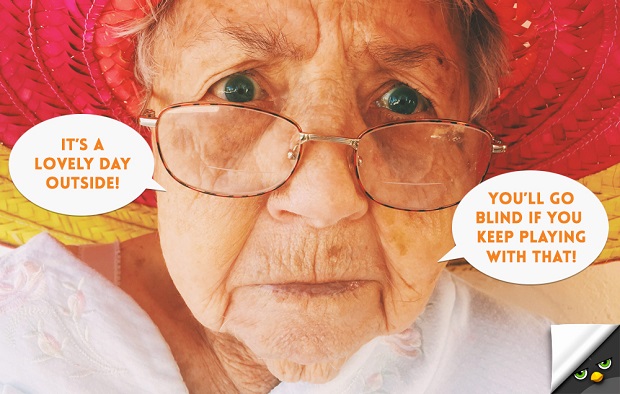Often derided as a waste of time, marketers are finally waking up to how video games can be an effective marketing tool. Rowan Heasley, Managing Director at agency Naked Penguin Boy, looks at how gamification is blurring the lines between work and play.
When I was 11 years old we got an Atari video game console. Playing outside in the sun ended that day for me and my brothers, and Vitamin D deficiency loomed as we turned pale….. from endless hours spent indoors playing Asteroids…. Pac-Man, Missile Command and Pong.
Dad bought it for us, Mum controlled its use. After the initial few days of unbridled excitement strict game playing time limits were set we weren’t allowed to play until after homework was complete and we could not stay up all night playing…. Unbelievable.
We could not shake off the feeling that we were unjustly denied our basic childhood right to unrestricted play and we seriously questioned Mum’s parenting skills.
Little I knew then that my intuition was spot on / that we were actually onto something, and Mum, for once, was wrong. It took me over 25 years to gather enough evidence to prove it, but it was worth it.
Games are an integral part of all cultures and are one of the oldest forms of human social interaction yet throughout history the popularity of games have waxed or waned depending on the social norms of the time.
The birth of the internet has created a new form of games and introduced them to a much wider audience than any single game has been able to previously do. When touch screen mobile devices exploded onto the scene this expanded the gaming universe even wider making it easier and more accessible to play.
Games have also become more acceptable by having a clear and positive impact on peoples development skills, not only improving hand, eye co-ordinations but speeding up the decision making process, allowing people to make new social connections, reducing stress and enhancing memory skills.
We have moved significantly from viewing games as a complete waste of time, distracting children from ‘proper’ homework, and adults from ‘proper’ worthwhile work, to a position where games are used to educate and inspire.
The effect on the UK economy is notable with 95% of UK games businesses exporting at least some of their products/services to overseas markets. In Q1 2016, 6.65 billion games were downloaded from iOS and Google Play (1.95bn and 4.7bn respectively) with 6 out 10 of these apps made by companies in Europe of which the UK has the highest number of mobile games jobs.
Its impact on the UK higher education is demonstrated by the fact that 60 universities/colleges provide 215 undergraduate and 40 master video game courses throughout the UK in 2014. (Creative Skillset)
Most of us were brought up believing that there was a clear dividing line between work and play. Work was hard and to be avoided, and play was fun and to be pursued whenever you could.
However, games are simulations that are the source of inspiration, exhilaration and enthusiasm as well as education, which are exactly the qualities and attitudes that companies are always trying to instil in their employees and customers in relation to their products and services.
Marketers have used games to capture and educate target audiences about their products, they have learned the game mechanics that engaged their customers and used them wisely to increase sales and win brand advocates. Internal Communication teams have used them to promote effective communication, drive sales targets and motivate fellow employees.
Games are played across all age groups and by all types of people with the average gamer being 35 years old. 26% of all players are under 18 but 27% are over 50 years old. Stats vary on gender but at least 44% are female and the average female player is 43 years old and applies across all levels of education and professions.
Game developers are now advertising on TV as well as across social media and games are being downloaded and played in their billions.
This is why Internal Comms teams and Marketing need to pay close attention.
The UK games industry was worth nearly £4.2bn in consumer spend in 2015, up 7.4% from £3.94bn in 2014. £664m of that was Mobile Gaming, up 21.2% from 2014 and research indicates that on average 11-64 year olds spend 8.8 hours per week playing games.
That’s a lot of time per week dedicated to games and brands should be making more effort to turn this to their advantage.
When the supermarket Morrison’s sponsored ITV’s Saturday Night Takeaway with Ant and Dec, they used a mobile game Match & More to promote the freshness of their produce and engage with customers going beyond the TV and onto their mobiles, keeping them engaged after the show. View the mobile game here. < http://www.nakedpenguinboy.com/digital-marketing/portfolio/morrisons-match-more/>
According to the 2016 State of Marketing research, 77% of marketers say mobile generates ROI compared to only 31% who agreed in 2015.
So, sorry, Mum, but you were wrong. Playing games makes work fun, it assists rather than hinders education and enhances a wide range of skills. Branded games result in increased sales, improved loyalty, and increased brand awareness.

Rowan Heasley
Managing Director
Naked Penguin Boy

